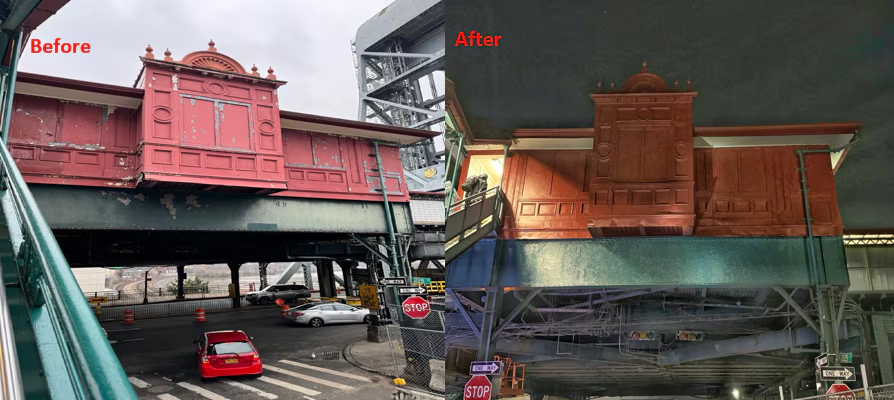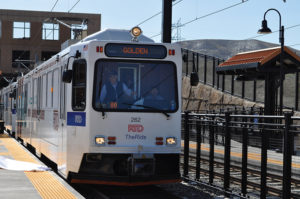CTA president releases 2012 budget recommendations
Written by jroodChicago Transit Authority President Forrest Claypool proposed a $1.24 billion budget for 2012 that holds the line on fares and maintains current service levels, relying on deep management cuts and work rule changes from labor unions. The proposed budget is $66.2 million, or 5.1 percent, less than the 2011 budget. Management initiatives will help shave $117 million from the $277 million deficit and the proposed budget will close the remaining gap with anticipated work rule reforms, health care benefit changes and restraint in wage growth consistent with other metropolitan transit agencies. "Since May, the CTA has launched a series of service improvements while cutting hundreds of positions and implementing management efficiencies that are saving tens of millions of dollars. The result is a lean management structure and the smallest number of employees in the CTA's history," Claypool said. The new service improvements are meant to improve the rider experience and encourage new riders and revenue. To improve security, more police have been added and thousands of new surveillance cameras. To improve the convenience of customers, Bus Tracker technology has been rolled out at bus shelters to let passengers know exactly when their bus is coming. To improve the cleanliness and aesthetics of rail stations, the CTA created "Renew Crews," SWAT teams of tradespeople to deep clean, repair and improve more than 100 stations and subways. And hundreds of new rail cars with modern technology and passenger amenities will be arriving shortly. "But even the most innovative service and the leanest management cannot make up for a cost structure that far exceeds the national norm, mostly driven by antiquated work rules that benefit a small number of individuals at the expense of everyone else," Claypool said. The CTA's union collective bargaining agreements expire on December 31, but Claypool has already initiated the negotiation process. Claypool warned that without labor and work rule reforms, the CTA would be forced to lay off up to 1,000 employees, reduce bus and rail service and perhaps hike fares. The CTA's current financial crisis dates back nearly 30 years. The CTA is confronted with a record deficit despite more than $500 million in borrowing since the start of the recession in 2008, a 2009 fare hike and deep 2010 service cuts. CTA says antiquated work rules cost the agency tens upon tens of millions of dollars, encouraging absenteeism, unnecessary overtime and layers of redundant costs required to manage around the cumbersome and inflexible mandates. Approximately 70 percent of the CTA's budget is spent on labor costs, and 91 percent of the labor force is unionized. Labor expenses make up approximately two-thirds of the CTA budget. In 2012, labor costs are estimated to be $963.1 million, $61.7 million or 6.8 percent more than the 2011 budget. CTA customers and the general public will have the opportunity to provide comments to the Chicago Transit Board on the president's 2012 Budget Recommendations at three budget meetings. All are scheduled for 6:00 p.m. Wednesday, November 2, 2011 Westinghouse High School 3223 W. Franklin Blvd. Chicago, IL 60624 Monday, November 7, 2011 Chicago Transit Authority Headquarters 567 W. Lake Street Chicago, IL 60661 Thursday, November 10, 2011 Kennedy-King College 740 W. 63rd Street Chicago, IL 60621





